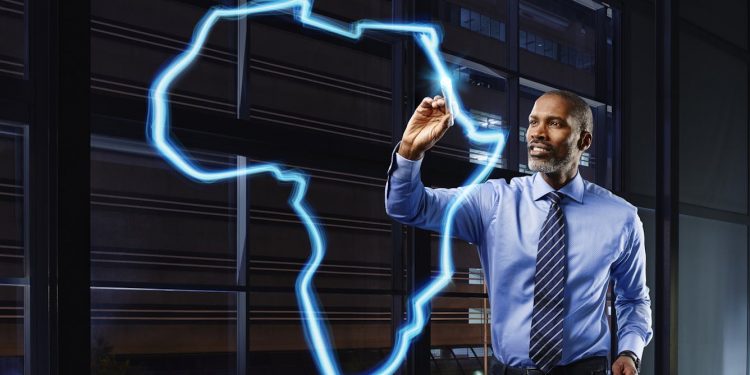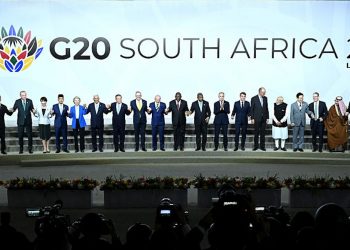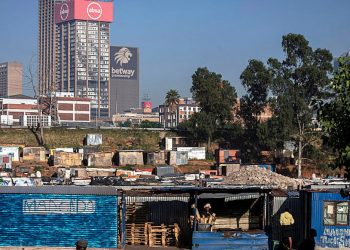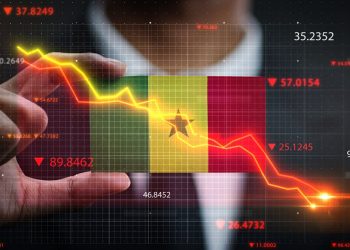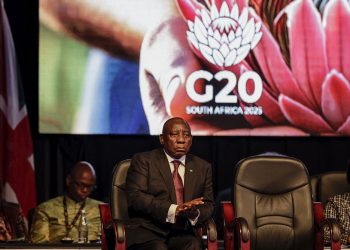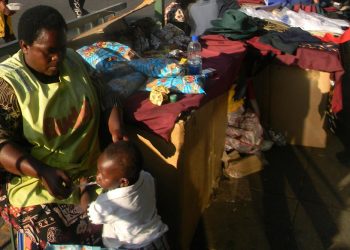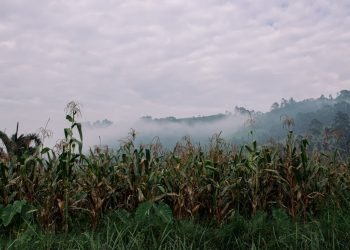Ghana and Zambia’s official creditors are pressing them to default on loans to two African multilateral financial institutions: the African Export-Import Bank (Afreximbank) and the Trade and Development Bank (TDB).
These creditors, in effect, are demanding that the two countries prioritise repayments to themselves over payments to these two banks.
As academics who have worked on the challenges of financing sustainable development in Africa, we believe this action is short-sighted.
The action by Ghana and Zambia’s official creditors has two significant implications.
First, they are demanding that the two countries treat Afreximbank and the Trade and Development Bank as commercial creditors. This would undermine the banks’ credit ratings and increase their borrowing costs. It would also reduce their capacity to finance sustainable development in Africa.
Second, pressing Ghana and Zambia to default, rather than supporting pragmatic restructuring aligned with their strong growth prospects, exacerbates Ghana and Zambia’s financial vulnerability. Either they would have to use scarce resources to pay these debts or default on their obligations, in which case, the banks might well sue them.
Quotes from Ghana and Zambia’s ministries of finance suggest the decision to default is their own. However, they faced intense pressure from their official creditors to treat the two African multilateral financial institutions differently from all their other multilateral creditors.
Why does this differential treatment matter?
Preferred creditor status
Multilateral financial institutions, including the World Bank and African Development Bank, have a preferred creditor status. This is in recognition of the special role they play. They are expected to provide relatively low-cost funding for public investment, economic stability and long-term sustainable development in low- and middle-income countries.
Their preferred creditor status ensures that, when countries experience debt distress, their development mandate is prioritised over the concerns of commercial creditors. Commercial creditors normally only fund commercially viable transactions. They charge high interest rates to compensate for the risk of default on these transactions.
Both Afreximbank and Trade and Development Bank were created to fill a gap in Africa’s access to critical development finance. They provide financing for projects and transactions that commercial institutions and other multilateral financial institutions cannot – or will not – provide, because of capital limits, regulations or perceptions of risk.
For example, Afreximbank’s charter notes that
the decline in African exports has impacted adversely on the economies of African states and hindered their ability to achieve a self-reliant development.
It further recognises that stimulating economic development
can best be achieved through the creation of a trade financing international institution whose principal purpose is to provide and mobilise the requisite financial resources.
Historically, it has enjoyed preferred creditor status to support its role in meeting this purpose.
Why preferred creditor status is being challenged
The two countries’ official creditor committees, the rating agency Fitch and other commentators are challenging the preferred creditor status of the two African institutions. They argue that the two banks are different from multilateral financial institutions like the World Bank and the African Development Bank that only have states as shareholders. They suggest that the private shareholders in the two African banks should not benefit from preferred creditor status. Instead, they should receive the same status as commercial creditors.
Read more:
Ghana and Zambia have snubbed Africa’s leading development bank: why they should change course
This view ignores the reason that Afreximbank’s and the Trade and Development Bank’s member states authorised them to have private shareholders. It was a deliberate, pragmatic measure designed to fill a gap in Africa’s access to affordable development finance.
The idea was to create new multilateral institutions that could raise capital flexibly and quickly on terms that the individual African states could not match on their own. Several other regional development banks have this hybrid model, including CAF, a highly rated development bank in Latin America.
It is perverse that this creative and pragmatic approach to filling a gap in the global financial system is now being used against the two African banks.
The consequences
The cost of capital for the two African financial institutions will increase if they are treated like commercial creditors. This will reduce their capacity to lend and their financing will become more expensive. It will also deepen inequality in the global financial system. Lastly, it will increase the risk of future African sovereign debt defaults.
In other words, downgrading their status risks undermining the very stability that official creditors claim to safeguard. It will also create another obstacle to Africa’s efforts to access stable, predictable and affordable flows of development finance.
The eventual outcome of the official creditors’ action will ultimately depend on negotiations between Ghana and Zambia and their creditors. This will include the two African institutions. It will also be influenced by how these different groups of creditors behave in other African sovereign debt restructurings.
However, the international community can seek to influence the outcome by taking actions in appropriate international settings.
Global leaders are searching for ways to scale up and strengthen the capacity of regional and subregional development banks like Afreximbank and the Trade and Development Bank. This requires respecting their preferred creditor status and increasing their access to affordable capital.
This is precisely the opposite of what is unfolding.
There is still time for the creditor governments to change course by demonstrating their support for African multilateral financial institutions.
Danny Bradlow, in addition to his position at University of Pretoria, is Senior G20 Advisor to the South African Institute of International Affairs and co-chair of the T20 sask force on sustainable financing.
Lisa Sachs does not work for, consult, own shares in or receive funding from any company or organisation that would benefit from this article, and has disclosed no relevant affiliations beyond their academic appointment.

